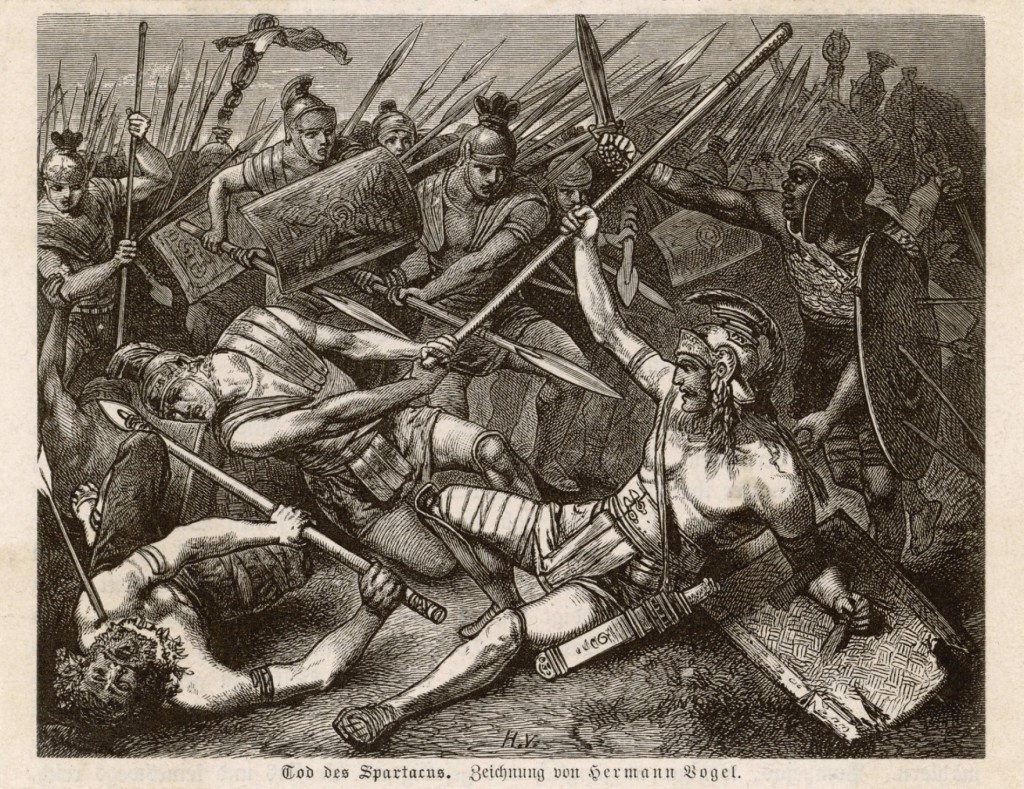Last week, the Archbishop of York criticised the National Trust and Cadbury for dropping the word ‘Easter’ from the name of their annual egg hunt. This prompted Prime Minister Theresa May to take time out of her visit to the Middle East to state: ‘I think the stance they have taken is absolutely ridiculous.’
Here are seven reasons why the whole story was was ridiculous.
1. The National Trust and Cadbury didn’t actually drop Easter
In fact the National Trust claimed there were over 13,000 references to Easter on its website. When we went through the website at the time, every page we looked at prominently mentioned Easter in its headline and in most graphics. The same is true for Cadbury’s own site. For example:

2. Almost no-one wants to drop Easter anyway
There have been no calls by any campaign groups to remove Easter from marketing materials. We respect the right of National Trust and Cadbury to name their egg hunt what they like, but this is not something anyone has been campaigning for so the notion that this has come about (were it even true) as part of some secular erosion of Christianity in Britain is, again, ridiculous.

3. Quakers don’t celebrate Easter
The Archbishop of York claimed that dropping the word ‘Easter’ was ‘tantamount to spitting on the grave’ of Cadbury’s Quaker founder John Cadbury. However, as one of his great-great-great-great-granddaughters pointed out, John Cadbury ‘believed that every day is equally sacred and, back then, this was expressed by not marking festivals.’
https://twitter.com/est_mcc/status/849184112745345024
4. Both the word ‘Easter’ and the symbol of eggs are derived from non-Christian traditions
Neither are even Christian anyway. The word ‘Easter’ comes from the Germanic goddess Eostre. Eggs have been used as symbols of fertility and renewal in many cultures from Ancient Egypt to Zoroastrianism, including in the pre-Christian celebrations that became the Easter we know today. So ironically the Archbishop of York is using the supposed separation of two aspects of Easter that Christianity has appropriated to claim that Christianity is being marginalised.

5. This is not the first time the Church of England has essentially fabricated a story
In 2015 the Church of England wrongly claimed that a company controlling cinema advertising had ‘banned’ its advert featuring of the Lord’s prayer because there was a risk of the prayer being ‘offensive’. In fact, the company has a blanket policy of not allowing any religious or non-religious advertising, which is very common, due to fears that some advertising in that range could offend some people, and the specific advert had in no way been labelled offensive. This is another attempt to misleadingly claim that Christianity is being ‘marginalised’. The Church of England was in fact told of the decision before it had even finished making the advert in question, then made the advert anyway, and only then publicised the decision, in order to get blanket coverage for its campaign (which was about getting more people to pray). Sound familiar?

6. This annual debacle around ‘Easter’ and ‘eggs’ coincides with the rise of an evangelical egg company
In his criticism of the National Trust and Cadbury the Archbishop of York suggested that consumers should purchase eggs from a proselytising chocolate company with strong ties to the Church of England instead. Since that company came onto the scene in 2012, there have every year been stories about Cadbury and others downplaying the significance of Easter on their chocolate eggs. Funny, that…

7. There are more important things in the world
Theresa May made these comments whilst on an official state visit to Saudi Arabia, distracting from more important issues such as the post-Brexit trade relationship, the arms trade, or the persecution of Christians, who are forbidden from practising their faith openly in the gulf state. And the same day the egg story broke there was also news around a new case on assisted dying. Shouldn’t we be focusing on these more important issues instead?

The debacle over what to call an Easter egg hunt is really a storm in an eggcup created in a bid by the Church of England to maintain its relevance in an increasingly non-religious country. We should not be duped by this ulterior motive into giving such blanket coverage to the Church, or else we will see these non-stories continue to dominate the news cycle and distract from more important affairs.
